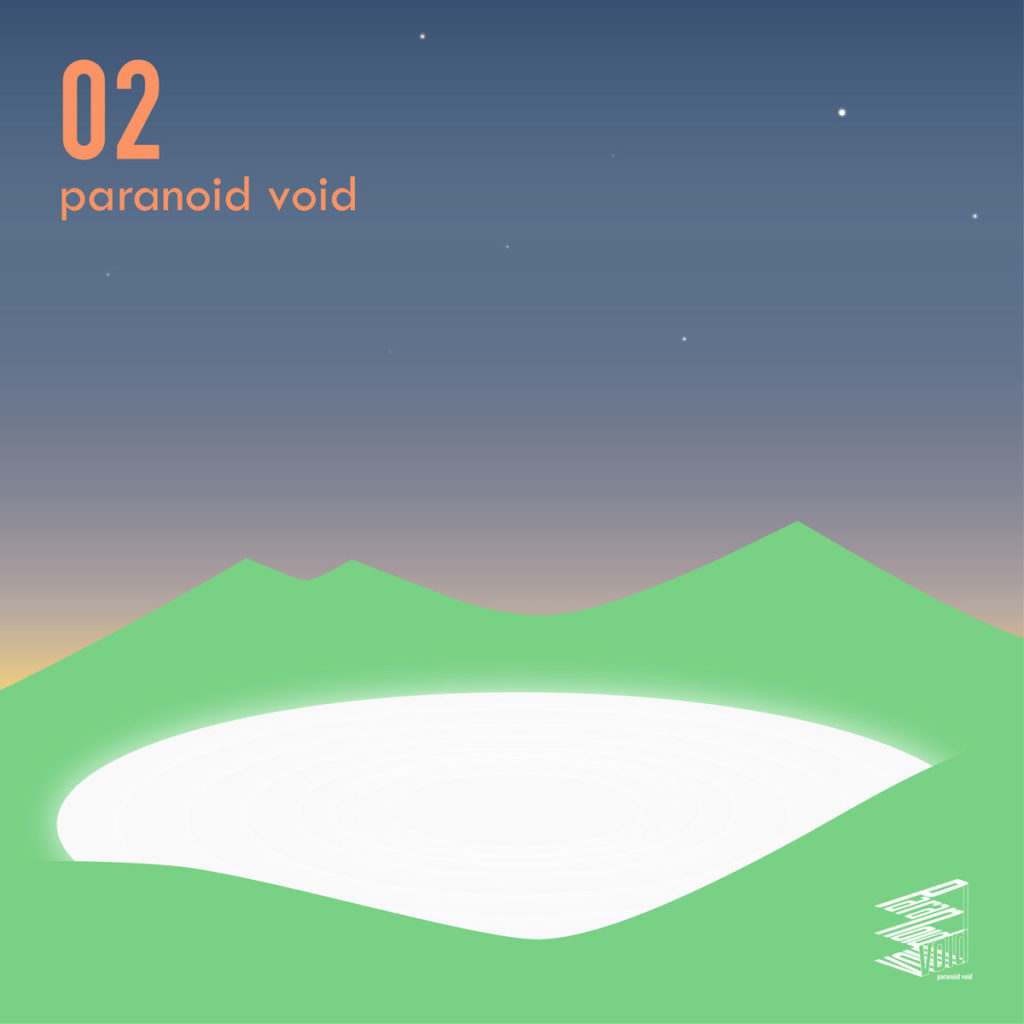As a concept, side projects can sometimes be a tough pill to swallow. At their best, they are windows onto new landscapes, understated gems and experiments that show us unfamiliar facets of familiar musicians. At their worst, they are the lifeblood of watered-down B-sides and outtakes collections, masturbatory evidence of just how fallible and flawed our best musicians can be.
The debut from The Twilight Singers, featuring the seemingly infallible Greg Dulli of the Afghan Whigs, falls among the strongest examples of the “best” category.
Far from being filler, “Twilight” is on par with some of the greatest and most inspiring work done by Dulli’s Whigs. Recording with friends Harold Chichester, Fila Brazilia, Shawn Smith and a host of others, Dulli has produced a twelve song collection that acknowledges his debt to the Whigs while exploring a musical landscape that often sounds more alluring and eclectic.
As a point of departure, much of “Twilight” sounds and feels like late-Sub Pop/early-Elektra Whigs without the energy of Rick McCollum’s jangly guitars, a kind of surreal, late-night foil to the soulful backbeat of “Uptown Avondale” and the guilt-ridden monuments of “Gentlemen.” But comparing The Twilight Singers entirely to the Afghan Whigs is not only unfair, it’s inaccurate.
Where the Whigs seem to construct songs from the foundations of the instruments involved or Dulli’s romantic ruminations and confessions, “Twilight” is written and punctuated with atmosphere. Tender acoustic guitars, majestic swells of cello and violin, piano, and organ all figure very prominently into the carefully crafted mix, with time and tone often being set by drums and bass that recall hip-hop, R&B, and urban jazz.
“Twilight”’s sense of rhythm is actually one of its most endearing – and surprising – traits. The electronic drum tracks on the album-opening “The Twilite Kid” and “King Only” are as hypnotic as they are addictive and the addition of smooth, pulsating bass lines define songs like “Clyde” and “Last Temptation.”
Cello and violin, which seem to suffer in contemporary rock circles behind walls of loud guitars and compressed vocals, are key players here, really bringing songs like “Verti-Marte” and “Into the Street” to life.
Dulli, however, is not one to allow his words to fade into the background and he’s in excellent form here, his perceptive lyrics on the familiar subjects of love, lust, and loss paired well with “Twilight”’s soulful, often breathy vocals. Some of the record’s best tracks, however, find Dulli and Chichester sharing the vocal spotlight and it is their ability to subtly complement each other that gives “Twilight” much of its dimension and depth.
“That’s Just How That Bird Sings” features Dulli, Chichester, and Smith on vocals and contains some of “Twilight”’s finest moments. In the song’s second half, their three voices create an inviting sense of texture that make lines like “He betrays the bluest sounds/ coming down/ over the rooftops, into your dreams/ He will sing despite the approaching night” all the more emotive.
The album’s closing tracks are almost cinematic in scope while remaining intensely warm and personal and this is clearly due to how well Dulli and Chichester play off each other, as well as the music. The bridges and choruses of “Into The Street” are heart-breaking, ethereal vocals and soft moans of cello that are so light they almost float away entirely.
“Twilight,” one of the most beautiful songs, without question, that Dulli has ever written, ends with him softly repeating, “Everything’s gonna be alright,” a swirl of piano, organ, drums, and slide guitar nearly engulfing him.
While the Afghan Whigs are due to return to the studio for the follow-up to “1965,” one hopes that Dulli still dedicates a lot of his time in the future to The Twilight Singers. If that’s not an impressive measure by which to gauge the debut of Dulli’s latest musical endeavor, what is? – The Montclarion, Jan. 25, 2001
-30-




